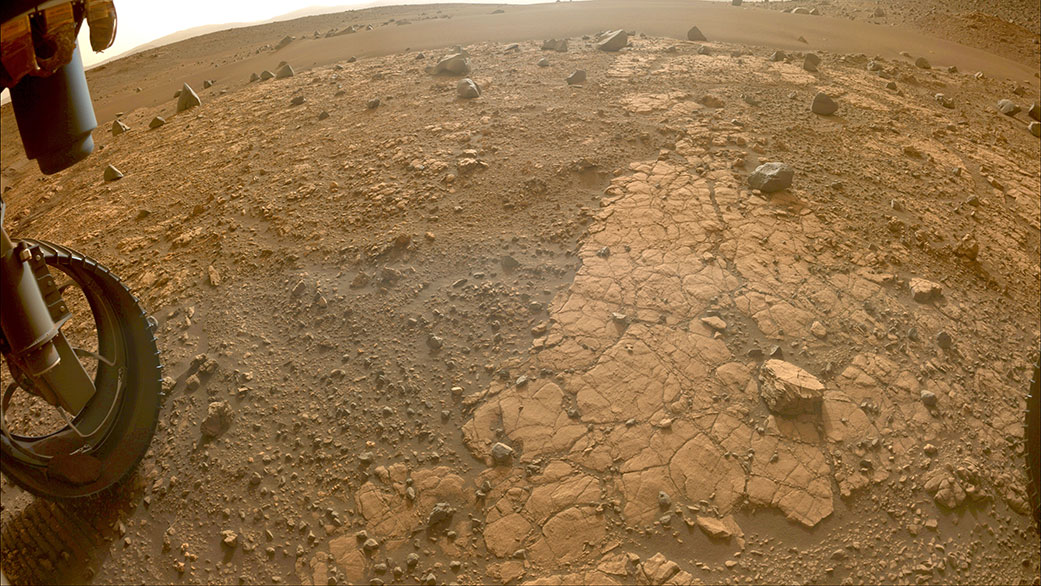While NASA is planning the upcoming Mars Sample Return mission to return samples from Mars to Earth, the Perseverance rover continues to explore the Jezero crater, collecting valuable materials. Recently, the probe arrived in a new area of the crater called Yori Pass. This area offers an excellent opportunity to search for evidence of ancient life.

The Yori Pass is located in an ancient river delta that may have been hospitable to microorganisms millions of years ago. This particular area is full of sandstone — a type of sedimentary rock formed from water-borne particles that settle and eventually condense into stone. The rocks in this area are similar to rocks from the terrain that the rover previously explored this summer. According to experts, this area is an excellent place to search for evidence of ancient life.
“What’s especially interesting about the Yori Pass outcrop is that it is laterally equivalent with ‘Hogwallow Flats,’ where we found very fine-grained sedimentary rocks. That means that the rock bed is located at the same elevation as Hogwallow,” said Stack Morgan, Perseverance project scientist at NASA’s Jet Propulsion Laboratory.
Fine-grained sedimentary rocks are especially important for the search for life, as they often contain clay minerals that form in water and retain organic molecules well. If life on Mars developed near water, such clay minerals must contain evidence of its existence in the past.
Despite the fact that the Perseverance rover has a complex set of instruments on board, for a complete analysis of such samples, we need to return them to the laboratory on Earth — this is the goal of the Mars Sample Return mission.
Earlier, we reported that Perseverance has started throwing away collected samples on Mars.
According to NASA
Follow us on Twitter to get the most interesting space news in time
https://twitter.com/ust_magazine

